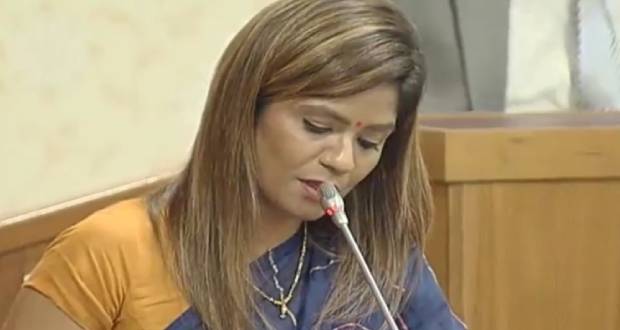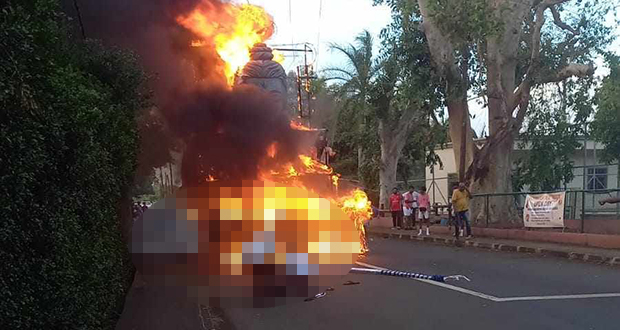Publicité
Institutions on a leash


There are some topics that public opinion seems to have given up on. Mention the word ‘cronyism’ for example and observe the helpless looks around you. It is as if we have resigned ourselves to accepting it as a fatality. Yet, nepotism is one of the most dangerous threats to democracy.
Nepotism is nothing new in our country. We have always known that those who have mastered the art of grovelling at the golden feet of those in power end up with cushy positions and conditions we can never aspire to through hard work. What is new, however, is the way this government has turned nepotism into a blatant family affair, benefiting only family members and party activists with little regard for competence. Only the naive will hold their collective breath as this is showing no sign of abating.
This situation is dangerous, not only because it blatantly violates every sense of meritocracy; it is not only that those family members and activists do not always possess the specific skills in their areas of concern to enable them to deliver at the positions they have been propelled to. And it is not only that their inevitable poor performance results in the poor results of most state-owned enterprises.
When those appointed at various institutions do not have the required professional competence and personal independence from the government, the public is locked up in a situation where it is not only NOT served, but it is not protected either.
Take the recent nomination of Dick Ng Sui Wah and Phalraj Servansingh, who were clearly nominated at the Independent Police Complaints Division on the basis of clientelism and party-political criteria. We brushed the news aside as if it had nothing to do with us. In reality, these appointments are very dangerous. When there is a complaint against the police, which is something which happens on a regular basis, the only resort the victims have is to appeal to the Independent Police Complaints Division, in this case to the activists themselves. What are the chances of ever seeing these cronies stand up against the police?
Take the more recent nomination of Robin Appaya at the head of the Independent Broadcasting Authority (IBA), which we did not pay a second thought to. Appaya is none other than the husband of Anju Ghose, niece of Maya Ghose Hanoomanjee. Forget about his competence or lack thereof and just think of this non-hypothetical scenario: The Mauritius Broadcasting Corporation ran a news story on Friday evening in its prime time, making of a small incident a national event: My interrogation ‘under warning’ by the CCID because of an article ‘defaming’ the deputy-speaker, Sanjiv Teeluckdharry. The news – which was read by Teeluckdharry’s own sister without blinking – was of course fabricated as there was no interrogation ‘under warning’ since there was only a ‘precautionary measure’ and absolutely no charge. Less than a week later, they even called the police press office to ‘confirm’ that the questioning was done under warning. Anyone who claims it was should produce a copy of the statement I voluntarily gave the police. Now, to rectify this blatant abuse of power, lack of professionalism – and possible conflict of interest in the case of Teeluckdharry’s sister – the only resort is the IBA, where a government appointee and relative of the Jugnauth family will be requested to force the MBC to make amends. Aret rever Kamrad!
Now, you may turn to the Human Rights Commission out of despair. You will be welcomed there by Namrata Teeluckdharry, the deputy speaker’s wife and niece of Kobita Jugnauth! I picked these institutions almost at random. (Check our cover story this week for 40 more). Name any institution and ask around you how many people trust the appointees at its head and how many would turn to that institution with the full confidence of obtaining justice.
If citizens are neither served nor protected by the institutions they are paying for; if all these institutions are in the hands of one political party, then what kind of État de droit are our politicians bragging about? In fact, how far are we from a full-blown dictatorship?
For more views and in-depth analysis of current issues, Weekly magazine (Price: Rs 25) or subscribe to Weekly for Rs110 a month. (Free delivery to your doorstep). Email us on: weekly@lexpress.mu






